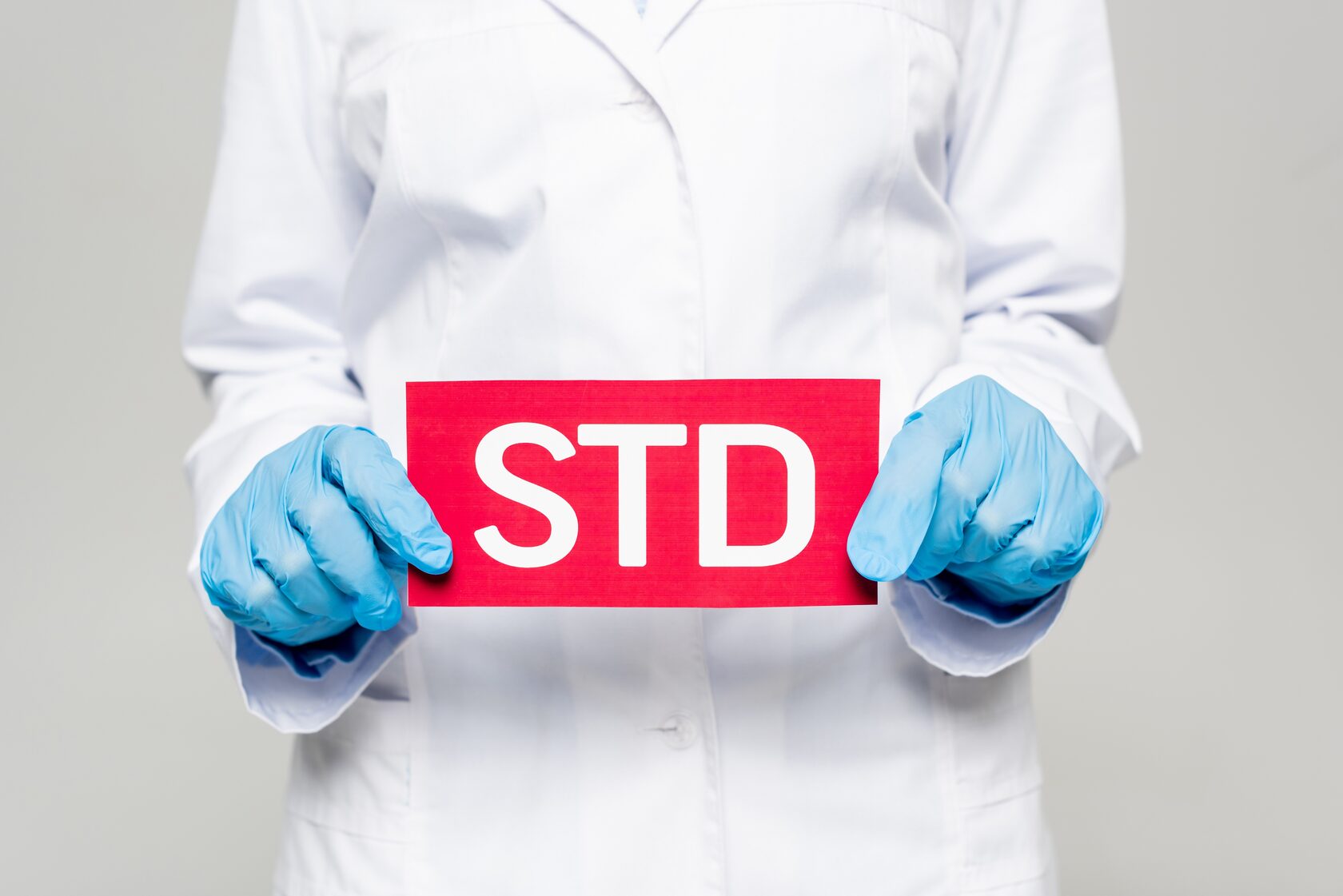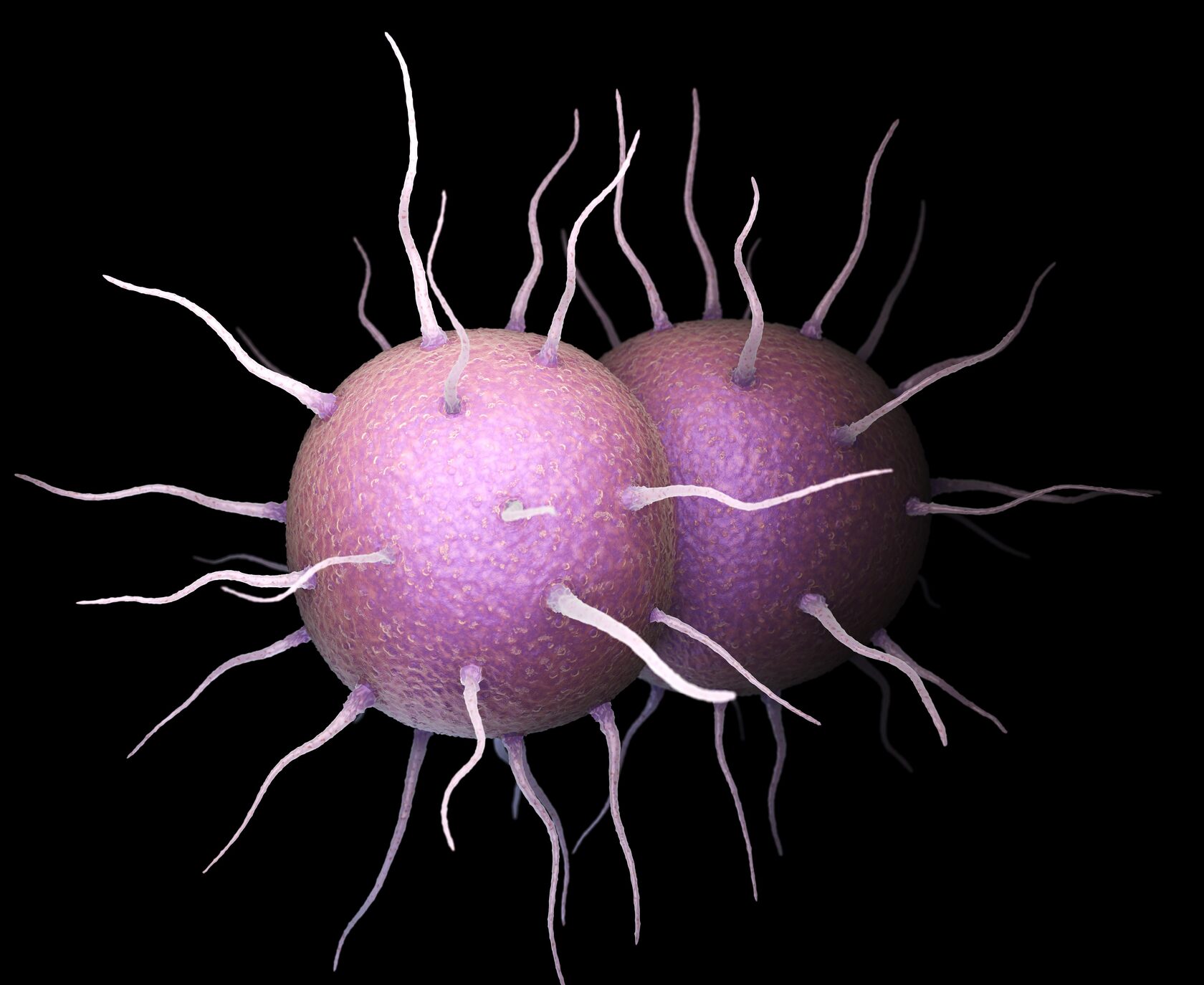Gonorrhea, sometimes referred to as "the clap," is one of the most common sexually transmitted infections. It is caused by the bacterium Neisseria gonorrhoeae and can affect the vagina, rectum, throat or eyes. In this article, we will explore the causes, symptoms, treatment methods and prevention of gonorrhea.
Causes of Gonorrhea:
Sexual Contact:
The primary mode of transmission of gonorrhea is through sexual contact with an infected partner. This includes all types of sex; vaginal, anal, and oral sex.
Vertical Transmission:
Pregnant women with gonorrhea can pass the infection to their baby during childbirth, leading to eye infections which if not treated can lead to blindness.
Shared Personal Items with an infected person:
Sharing towels, toiletries, and other personal items can also lead to the transmission of gonorrhea.
Symptoms of Gonorrhea:
Note that many people may not have symptoms so they may not know they are sick.
Men may show symptoms more than women. Men may experience symptoms like burning sensation on urination, white, greenish or yellowish discharge or painful, swollen testes.
Women may have painful urination and lower abdominal pain.
Yellowish or greenish discharge from the vagina.
Diagnosis:
Urine test may show gonorrhea causing bacteria.
A swab from your vagina, throat or rectum.
Treatment Methods for Gonorrhea:
Antibiotics:
Gonorrhea is typically treated with antibiotics. It is important to complete the full course of treatment as prescribed by a doctor even if you feel better.
Testing and Monitoring:
After completing treatment, it is important to undergo retesting for gonorrhea to ensure that the infection has been completely eradicated.
Partner Treatment:
It is also important to notify all sexual partners about your diagnosis and ensure that they receive treatment to prevent reinfection and the spread of the infection.

Prevention:
Abstinence.
Have one mutually monogamous sexual partner who has tested negative for gonorrhea.
Use of condoms.
Partner treatment.
Gonorrhea is a serious condition, but with appropriate treatment and prevention, it can be successfully managed. If you experience symptoms of gonorrhea or suspect that you may be infected, seek medical attention for diagnosis and treatment. Remember that seeking medical help early can help prevent complications such as pelvic inflammatory disease (PID) which can lead to fertility issues in future.
This article is provided solely for informational purposes and should not be considered medical advice or a substitute for consultation with a healthcare professional. If you experience any symptoms described in the article, it is recommended to seek immediate attention from a qualified medical practitioner for diagnosis and treatment. Self-treatment can be dangerous and is not advisable.
